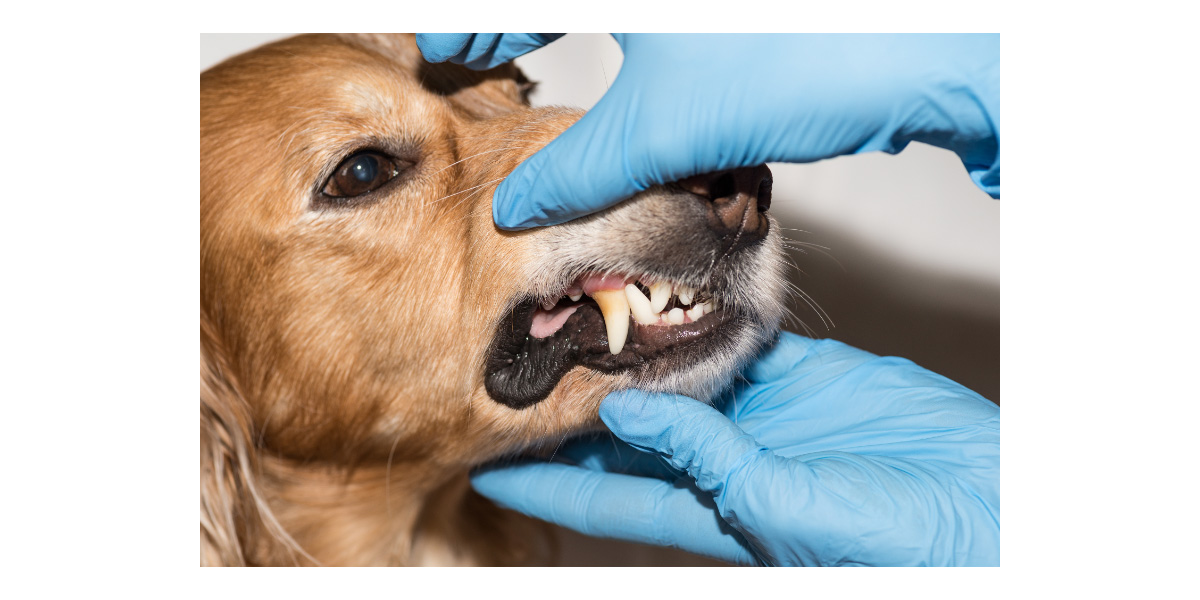
You may have heard that dry, crunchy food can help clean your pet’s teeth. But does it really work?
In the United States, over 80% of dogs and cats over three years old have some form of dental disease. The majority of our pets eat dry kibble, though many eat canned, moistened, and other diets.
In honor of National Pet Dental Health Month, learn how diet plays a role in caring for your pet’s dental health, and what you can do to keep your dog or cat’s teeth and gums healthy and disease-free.
What’s Better For Pet Dental Health: Wet Food or Dry Food?
No matter what your pet eats, they still need daily dental care and professional dental cleanings to prevent gum disease.
Even so, multiple studies have shown that dogs and cats are less likely to develop dental issues on an exclusively dry diet. Pets that eat home-cooked diets and commercial canned food, as well as those that eat soaked, mushy kibble are more likely than those that eat dry kibble to suffer from dental issues.
What’s more, specialty oral health kibbles are more effective at preventing dental issues than dry foods not indicated for dental health.
This does not mean, however, that a dog or cat that eats anything other than dry food is destined to have poor dental health. It also does not mean that pets that only eat dry kibble will never have dental issues. Diet is not the only factor that affects your pet’s dental health, though it’s an important piece of the puzzle.
Keep in mind that you may still feed a canned or moistened diet for other reasons. A high moisture diet can prevent dehydration, support urinary tract health, and aid digestion. Canned foods are typically higher in protein and lower in carbohydrates, so they can also help prevent or control weight gain.
How Diet Affects Your Pet’s Dental Health
Why does is dry kibble so different than other diets when it comes to your pet’s dental health? It’s all in the chewing action.
As your pet crunches on their kibble, the abrasive action disrupts plaque before it can form hardened tartar at the gumline.
Chewing hard food also stimulates the salivary glands, increasing the production of enzyme-rich saliva that washes away harmful oral bacteria.
When pets eat a moist, canned, or softened kibble diet, it’s common for starchy food particles to build up between teeth and along the gumline, especially in small pets, whose tiny mouth and often-overcrowded teeth tend to be more prone to dental disease.
Dental chews, as well as raw meaty bones, can help clean teeth between meals, both in pets that eat dry kibble and those that eat a canned, home-cooked, or moistened diet. Chews and bones should always be given under supervision, as they can pose a choking hazard.
Why All Pets Still Need Dental Care
All dogs and cats need dental care, no matter what they eat. Dry kibble, even special oral health diets are no substitute for daily brushing at home and regular professional dental cleanings.
In some pets, chewing can leave the teeth pearly white and free of visible tartar, but there may still be bacterial buildup at and just below the gumline, which can lead to infections, weakening of connective tissue, and tooth loss associated with gingivitis.
Brushing your dog or cat’s teeth each day is the most effective way to remove plaque, strengthen gum tissue, and prevent gum disease.
Along with daily brushing, pets also need professional dental cleaning under anesthesia. Before a dental cleaning, your vet will take x-rays to monitor your pet for bone and tissue loss that indicate gingivitis. The teeth are then scaled to remove tartar and polished to prevent buildup from recurring.
VISION
Every pet deserves to live a long, happy, healthy life.














































